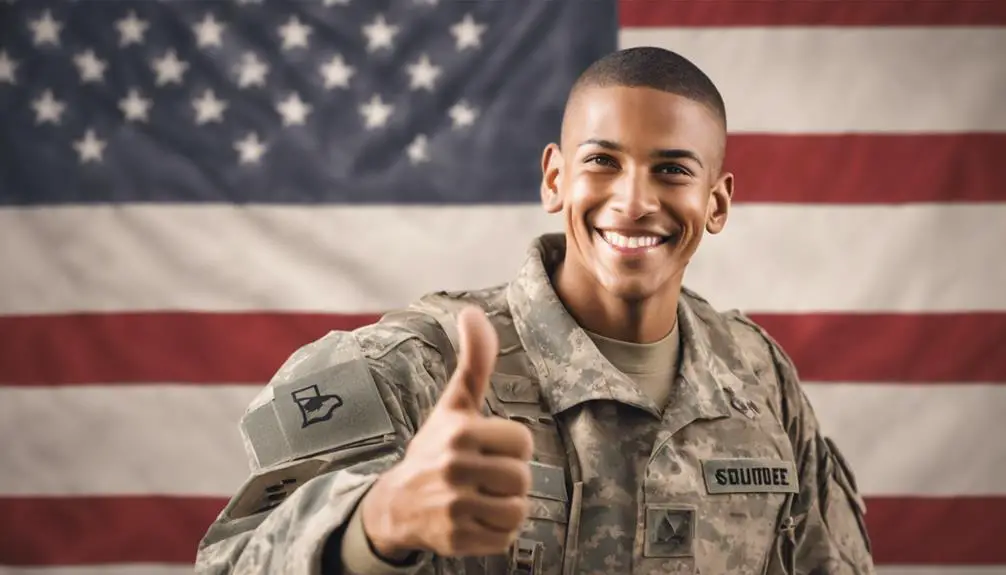You're familiar with military slang for 'ok'? Phrases like 'Roger that' and 'Wilco' are used to confirm understanding in high-pressure situations. In combat, instantly conveying agreement is vital for situational awareness and trust among team members. Other phrases like 'Copy that' and 'Good copy' guarantee message receipt. These standardized affirmations streamline communication, reducing confusion and ensuring seamless coordination. As you explore military communication, you'll discover more phrases and cues that keep teams in sync.
Roger That and Other Affirmations
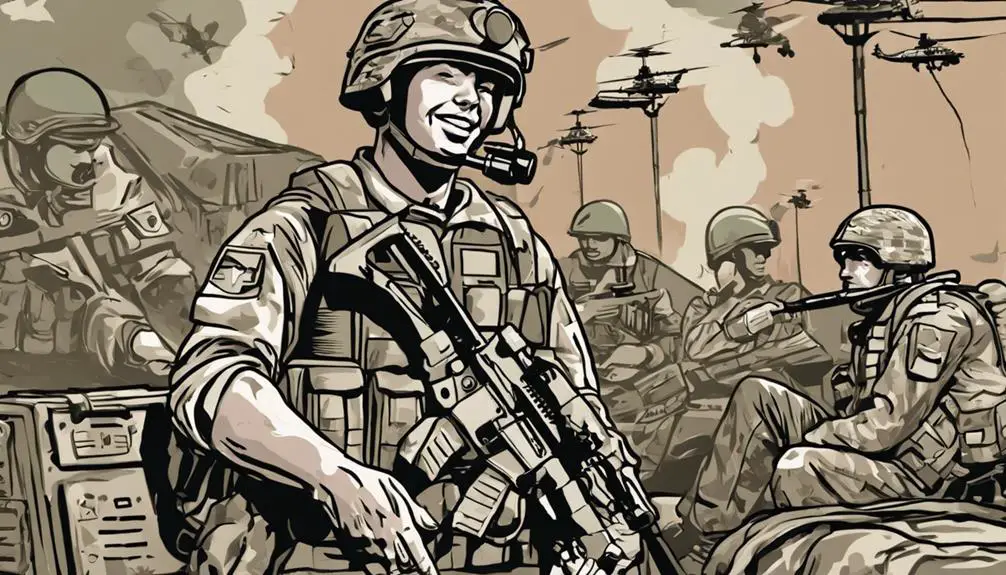
You'll often hear military personnel respond with 'roger that' to acknowledge an order or instruction, but did you know there are other affirmations they use to confirm understanding? The phrase "roger that" itself has its origins in the early days of radio communication, where "Roger" was a phonetic alphabet code word for the letter "R," which stood for "received." Over time, it evolved into a standard response to indicate understanding.
As military lingo evolved, so did the affirmations used to confirm receipt of information. You might hear "copy that" or "wilco" (short for "will comply") to acknowledge an order or instruction. These phrases serve as a clear and concise way for personnel to confirm they've received and understood the message.
The use of these affirmations is an essential part of military communication, ensuring that orders are understood and executed correctly. By using standardized phrases, military personnel can quickly and efficiently confirm understanding, reducing the risk of miscommunication. As military lingo continues to evolve, it's likely we'll see new affirmations emerge, but for now, "roger that" remains a staple of military communication.
Slang for Agreement in Combat
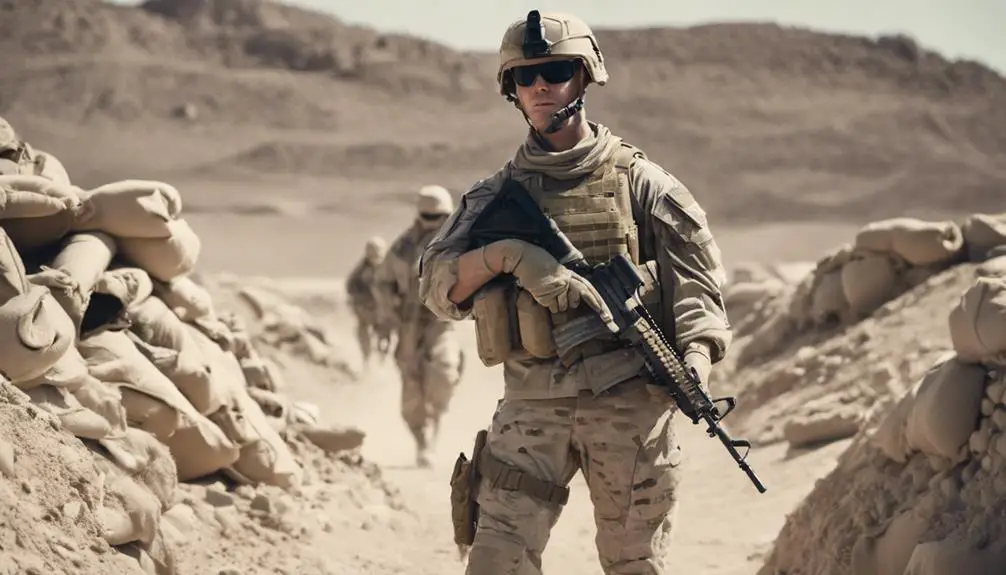
In the heat of combat, when seconds count, military personnel rely on slang for agreement to quickly confirm they're on the same page. You need to know that your team is on the same wavelength, and fast. That's where combat confirmation cues come in. These cues are essential for situational awareness, ensuring everyone's on the same page.
Slang for agreement in combat serves as a shorthand for confirmation. It's not just about saying "yes" or "got it." It's about instantly conveying understanding and acknowledgement. When you hear "check," you know your teammate has received and understood the message. "Wilco" (will comply) confirms you'll execute the order. These phrases are combat-tested and proven to reduce confusion and miscommunication.
In high-pressure situations, every second counts. Military personnel can't afford to waste time on lengthy confirmations. Slang for agreement streamlines communication, allowing teams to move swiftly and decisively. By using these cues, you can trust that your team is in sync, even in the most intense combat scenarios.
Military Lingo for Confirmation
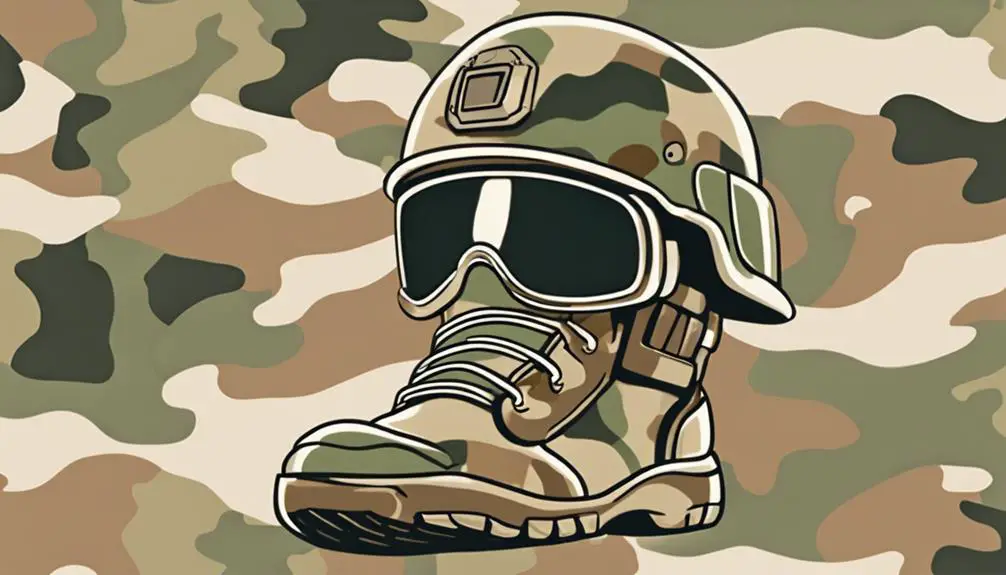
When confirming orders or acknowledging a message, military personnel depend on specific phrases to guarantee clear understanding, such as 'roger that' to indicate comprehension or 'out' to signal the end of a transmission. These verbal cues are vital in high-stress environments where clear communication is a matter of life and death. In military communication protocols, verbal cues are utilized to make sure that messages are received and understood correctly. You'll often hear phrases like 'copy that' or 'good copy' to confirm receipt of a message. In intense situations, these phrases help to minimize confusion and ensure that everyone is on the same page. By using standardized verbal cues, military personnel can quickly acknowledge and respond to orders, even in the heat of battle. This clarity is essential in high-pressure situations, where misunderstandings can have disastrous consequences. By relying on these specific phrases, military personnel can trust that their messages are being received and understood accurately.
Tactical Approvals and Acknowledgments
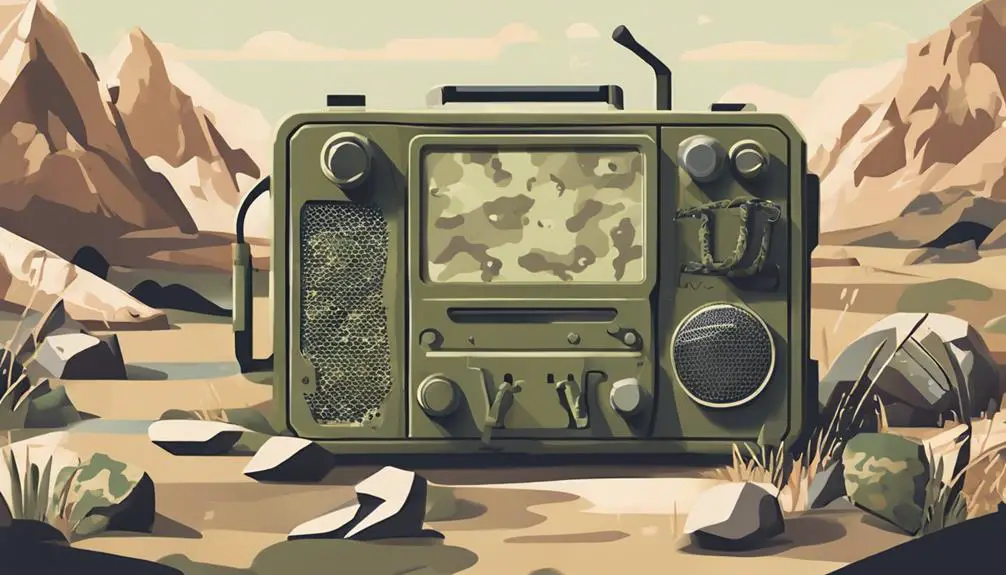
Acknowledging orders or requests, military personnel use specific phrases to convey tactical approvals, such as 'wilco' to confirm they will comply with an order. You'll also hear 'roger that' to indicate understanding and agreement. These phrases are vital in high-stress situations where clear communication is essential.
In addition to verbal affirmations, military personnel use non-verbal cues like tactical nods to acknowledge orders. A slight nod or a thumbs-up can convey a silent affirmation, ensuring that everyone is on the same page. These subtle gestures are especially useful in noisy or hostile environments where vocal communication is difficult.
In situations where secrecy is paramount, silent affirmations become even more important. A raised eyebrow or a subtle hand signal can convey acknowledgment without alerting the enemy. By using these tactical approvals and acknowledgments, military personnel can guarantee seamless communication and coordination, even in the most challenging situations.
Battlefield Expressions for Compliance
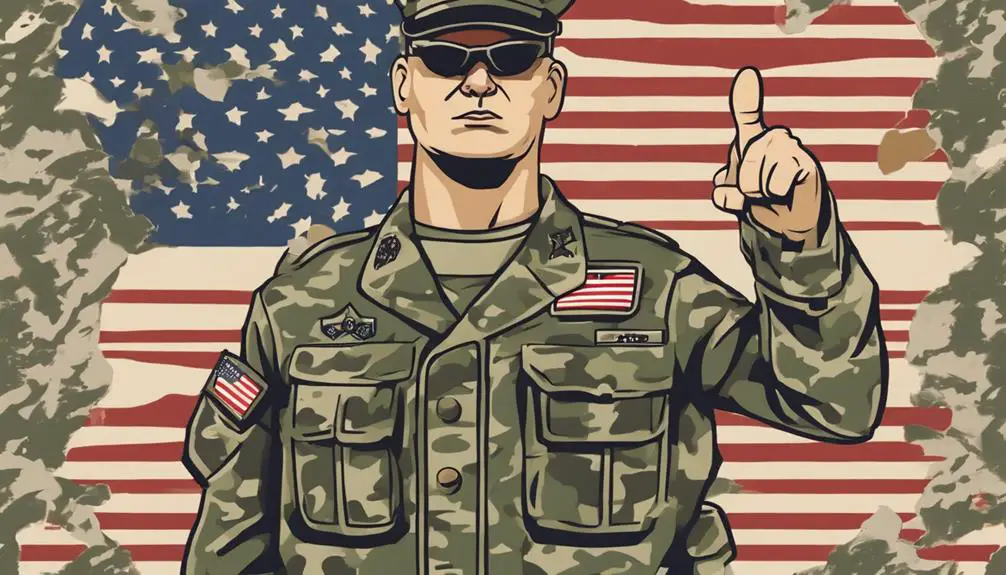
You'll often hear military personnel using phrases like 'Roger that, over' or 'Wilco, out' to confirm they've received and will comply with an order. These expressions are important in high-pressure situations, making sure that commands are understood and executed without delay. In the heat of battle, every second counts, and clear communication is essential.
When clearing trenches, for instance, a simple 'Affirmative' or 'Copy that' can mean the difference between life and death. It's not just about acknowledging an order; it's about confirming you're ready to take action.
Radio silence protocols are another critical aspect of battlefield communication. When you hear 'Comms blackout, out,' you know to cease all transmissions to avoid giving away your position to the enemy. In this scenario, phrases like 'Wilco, out' or 'Roger that, over' become even more important, as they ensure that all personnel are on the same page, even when silence is golden. By using these expressions, military personnel can respond quickly and effectively, staying one step ahead of the enemy.
Frequently Asked Questions
Is Military Slang Only Used in the US Military?
You might think military slang is unique to the US military, but it's not. International adoption of slang terms is common, with many countries' militaries borrowing phrases from each other. Cultural influences also play a significant role, as military personnel from different countries interact and exchange slang. This cross-pollination has led to a diverse range of slang terms used globally, making military slang a universal language.
Are There Any Differences in Slang Between Military Branches?
You'll find that each military branch has its own unique slang, reflecting their distinct cultures. The Army and Navy have a long-standing rivalry, which is reflected in their slang. The Coast Guard, being the smallest branch, often has exceptions to the rules, and their slang is no exception. You'll notice that Navy slang is more nautical, while the Army's is more ground-pounding focused. The Air Force and Marines have their own lingo too, shaped by their specific roles.
Can Civilians Use Military Slang in Everyday Conversation?
When you use military slang in everyday conversation, you're walking a fine line. Cultural appropriation concerns arise when civilians adopt military lingo without truly understanding its context. Blurred lines between civilian and military life can lead to insensitivity towards those who've actually served. Be respectful of its origins and consider the potential impact of using military slang in casual conversations.
Are There Any Regional Variations in Military Slang?
You'll find that regional dialects in military slang are shaped by geographical influences. Different regions, like the South or Northeast, have distinct accents and phrases that bleed into military slang. For example, "y'all" might be used in Southern military slang, while "wicked" (meaning "very") is common in Northeastern military slang. These regional variations add flavor to military slang, making it more diverse and reflective of the areas where military personnel are stationed.
Is Military Slang Officially Recognized by the Military?
You're wondering if military slang is officially recognized by the military. The answer is, it's a gray area. While there's no centralized authority governing military slang, the Pentagon does acknowledge its role in military lexicon evolution. Some terms even make it into official terminology adoption, like "sitrep" (situation report). However, most slang remains unofficial, used by troops to add flavor to their communication.

